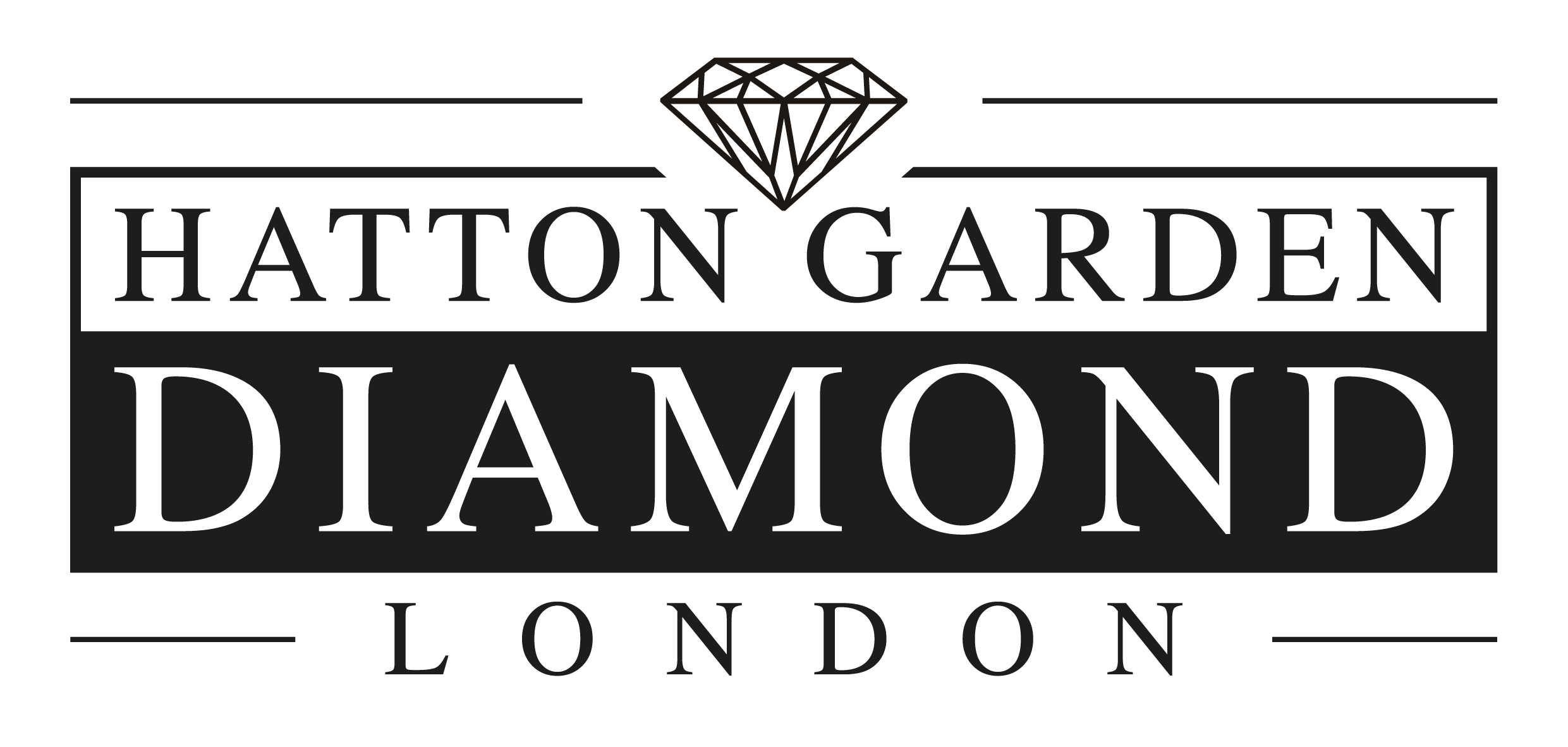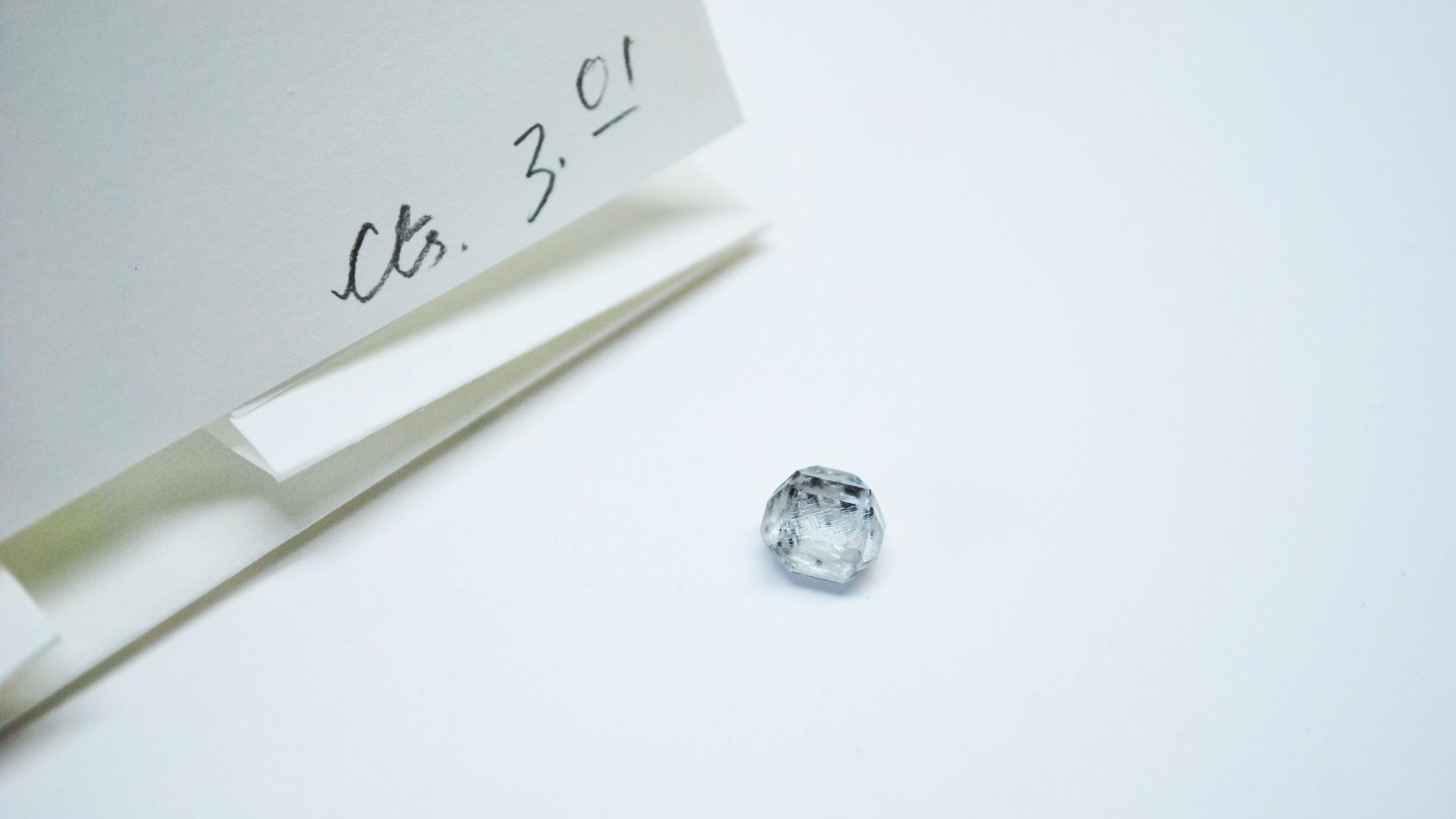Diamonds
Why Lab Diamond Certificates Matter
A Guide to Lab-Grown Diamond Certification
Lab-grown diamonds are on the rise, with their global market volume expected to reach 19.2 million carats by 2030. Slowly but surely, suppliers and consumers are shifting from mined diamonds to lab-grown stones.
With higher demand comes a need for recognised manufacturers that follow set guidelines and can guarantee authenticity.
Keep reading to find out what to look for in a lab-grown diamond certificate, why you need one, and where to find a quality selection of man-made diamonds.
What Are Lab-Grown Diamonds?
A diamond produced in a lab by replicating the natural diamond-forming process is called a lab-grown, synthetic, man-made, or cultured diamond. While these diamonds may be developed in a lab, they share the same physical and chemical properties as those formed naturally.
Lab-grown diamonds are the perfect choice for those looking to get budget-friendly alternatives to natural diamonds without sacrificing quality and lustre. On top of this, synthetic diamonds are surging in popularity since they are available in a variety of colours and cuts.
Lab-grown diamonds also take less time to hit the market – they can go through the entire manufacturing process and be up for sale within a few weeks. Instead of waiting billions of years for natural diamonds to form, you can get your hands on one of these lab-grown beauties in under a month.
What Is a Lab-Grown Diamond Certification?
Grading reports, also known as diamond certificates, are documents issued by authorised gemological labs that attest to the quality and characteristics of a diamond. Just as mined diamonds are examined and graded on their attributes, so are cultured diamonds.
Some of the most well-known and trusted labs that test and certify lab-grown diamonds are the Gemological Institute of America (GIA) and the International Gemological Institute (IGI).
A lab-grown diamond certificate contains information regarding the carat weight, colour, clarity, and quality of the cut of the piece. How well a diamond is graded will massively impact its price – a higher grade means a better, shinier, and ultimately pricier stone.
Why Do Lab-Grown Diamonds Need Certification?
The main reason why lab-grown diamonds need certification is to affirm that a piece is genuine and valuable.
Before a lab-grown diamond is certified, it undergoes close and precise inspection to ensure quality. Professionals that carry out diamond testing use advanced tools and procedures to determine the traits of the stone.
A customer that purchases a certified lab-grown diamond can rest assured that experts have carefully reviewed and measured its weight, clarity, and other characteristics.
Meanwhile, if a lab-grown diamond lacks certification, there is nothing to vouch for its authenticity. This means that non-certified diamonds can easily be counterfeit goods.
Hatton Garden Diamond: Where Diamonds Meet Affordability
Being a family-owned business, we at Hatton Garden Diamond know the value of customer service, which is why we cater to a large pool of satisfied clients.
With our massive selection of remarkable engagement rings and wedding bands, we’ll help you choose a lustrous piece that will earn you an enthusiastic “Yes!”. For customers looking for a more personalised experience, we offer a “Make Your Own Ring” service to get the ultimate custom design.
Schedule a consultation with our experts and let us help you pick the perfect piece of jewellery for yourself or your loved ones.

